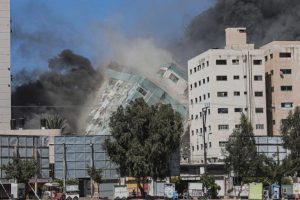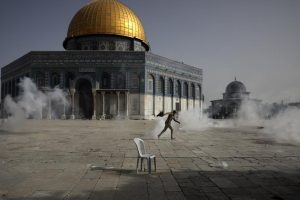Meenakshi Ganguly
Rangoon – On November 8, the Burmese people will choose over 1,100 representatives to the country’s national parliament and state and regional assemblies. It is a massive exercise with over 6,000 candidates from 93 registered political parties in the fray. Some 40,000 special police will be deployed to ensure safe polling – they will be unarmed, but with communication facilities to seek reinforcements in the event of any violence.International donors have backed intensive voter education programs to train voters to use the ballot sheet properly and not waste their vote. Handy and colorful pamphlets and manuals have been printed and distributed to election officials.
Controversial voter lists from earlier elections have been updated and digitized: final lists will soon be posted in each polling station. Voters have been given the opportunity to correct their details, and some 6.5 million availed themselves of the opportunity. The Union Election Commission and regional sub-commissions are now running their final checks.
Over 1,000 international election monitors and several thousand domestic observers will fan out to certify that election day meets international standards. For a country long hidden by a repressive and secretive military regime, the change is enormous. Several hundred international and domestic media outlets are expected to cover the elections.
Polling will start at 6 a.m. on November 8 and close at 4 p.m. Counting will start once the polling closes, but official results are expected to take time as the tally is collated across 40,000 polling stations.
The advance voting process is already underway. Officials and others who will be working on November 8 are casting their votes now. So are voters who are away from their constituency or living abroad.
Yet all this hard work and voter exhilaration does not mean voters will be choosing the government of their choice. The electoral process is undermined by systematic and structural problems including the reservation of 25 percent of seats for the military, the lack of an independent election commission, and ruling party dominance of state media . The military created and remains allied with the ruling USDP, meaning any opposition coalition must win over two-thirds of the remaining seats to form a majority in the parliament. In contrast, the USDP needs to win just over one-third of the seats to obtain an effective majority. This is exacerbated by the lack of independence and impartiality of the Union Election Commission (UEC), both at the national and local levels. UEC Chairman U Tin Aye, a former army general and member of parliament from the ruling Union Solidarity and Development Party (USDP), has publicly stated that he hopes the USDP wins.
And then there are the discriminatory voter registration laws, and mass disenfranchisement of voters in some parts of the country Some 30 million people have received receipts with an identity number confirming their voter registration. International involvement has ensured some advanced measures to be as inclusive as possible. Among those eligible to vote in advance are the incapacitated, the disabled, those in hospital, leprosy patients, pregnant women, and prisoners awaiting trial.
But hundreds of thousands of Rohingya and other Muslims have been dropped from the voter list and effectively disenfranchised. Candidates have been excluded because of discriminatory citizenship laws that are being applied in a harsher way than in previous elections, even excluding sitting members of parliament. Rued one international expert: “We might have created a technically good election mechanism, but these problems will hijack those successes.” – Human Rights Watch




